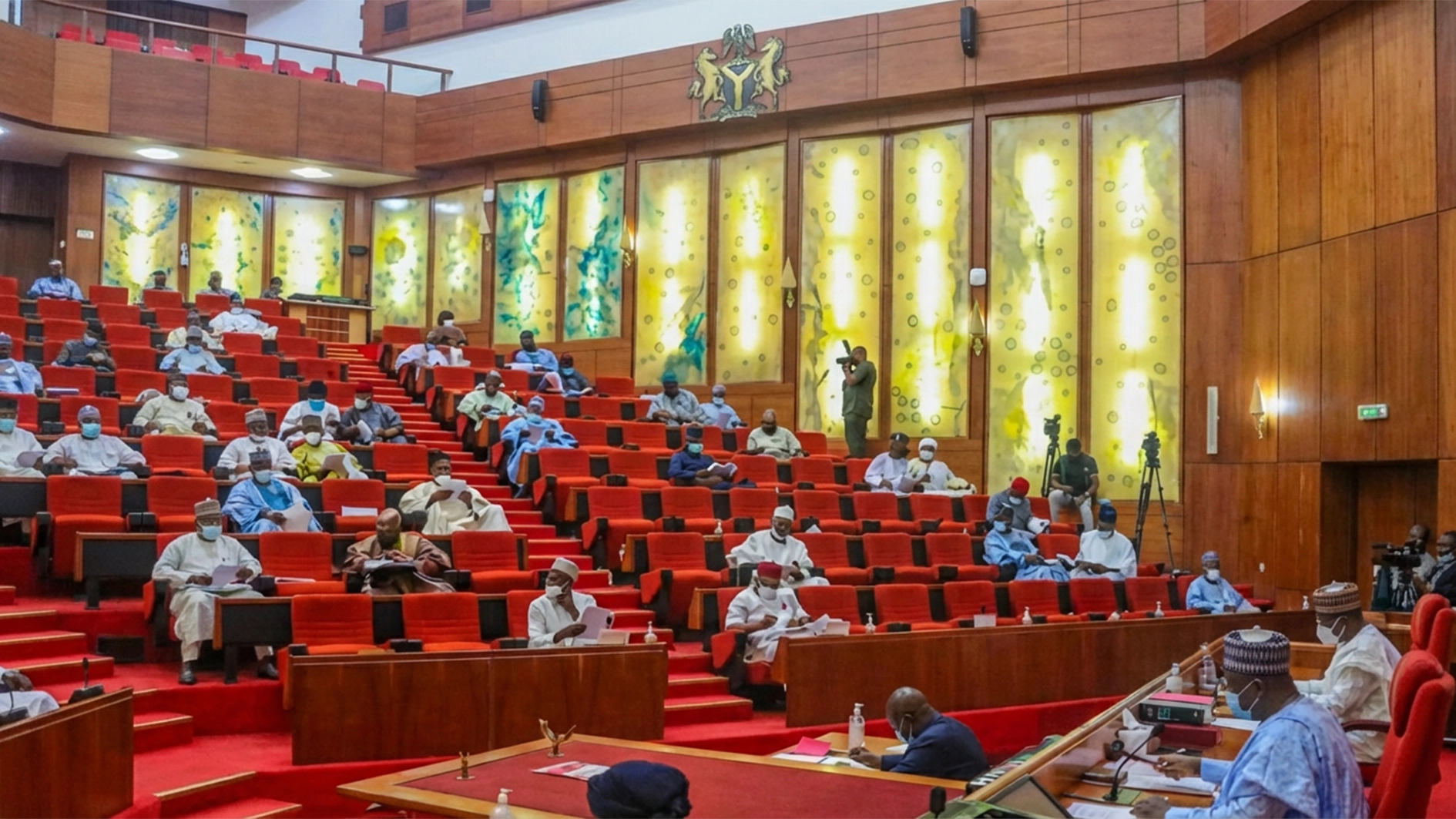 LATELY, a neighbour asked me: “Where is Brazil on the map of the world? Is it in Europe or where?”…What about Canada? Is it a member of the Commonwealth?” I replied to each of his guff, “Brazil is in South America. Canada is in the northern end of the United States of America (USA) with which it shares common border, but is inter-posed between the Pacific and the Atlantic Oceans.” I added: “Canada was a British colony and the second member of the Commonwealth.”
LATELY, a neighbour asked me: “Where is Brazil on the map of the world? Is it in Europe or where?”…What about Canada? Is it a member of the Commonwealth?” I replied to each of his guff, “Brazil is in South America. Canada is in the northern end of the United States of America (USA) with which it shares common border, but is inter-posed between the Pacific and the Atlantic Oceans.” I added: “Canada was a British colony and the second member of the Commonwealth.”
These questions formed the prelude to my broadsides against the questioner about the quality of education of today. If I were this questioner, I would make private researches into the truths. Observing my unpleasant mood, he blustered: “I did not study Geography or Government at schools.” I probed him, “If you did not study these subjects, why not study them?” He afforded me the opportunity to delve into comparisons between education of today and yester-years.
Both of us took opposite stance. He argued: “In those days, you elders had opportunities and were comfortable at your studies” I then opened arguments as to whether or not the past generations had better educational advantages. To begin with, schools were scanty in the past, dotted here and there at distant locations outside the easy reaches of pupils. The past generations were exposed to long treks from home to schools before settling down for the days’ lessons. Lateness would not be tolerated, despite the long distances covered to get to schools. Indiscipline attracted corporal punishments. Those schools belonged to the religious missionaries of the period. Discipline was the emphasis, unlike today with schools on almost every corner at short distances from homes.
Typical personal experiences are necessary to buttress one’s stance as a representative of the old generation. To wend my ways daily from rural Mushin area to the railway line in colonial Lagos was a great trek. In 1949, when this writer began school, there was no electricity at Odiolowo-Mushin. Kerosine lamp was in use to study, unlike today. On transfer to Ijebu Province, now in Ogun State, the rigour doubled as the schools were located several kilometers (miles) away in second or third town. When I left Odogbolu in 1957, the town did not have electricity.
My experiences were typical of the then prevailing conditions. Today, pupils and students ride on state-of-the art vehicles to and back from schools. There is no stress before getting to schools of modern architecture, airy with through and through ventilations and equipped with desks separated by carrels for individual students in the libraries. The quality of the end result was the objective. Teachers’ dedication was the advantage that the older generations had. It was a Herculean task for teachers who would combine two classes in open school halls, because of the shortages of teaching staff. Their pride was in the excellent performances of the learners.
Can the present generation of teachers boast of such quality of services? No is the answer. Allied with the old teachers’ dedication to duty was students’ equal seriousness with their studies. In the days of yore, before beginning school, prospective learner had to stretch his right arm across his head; if the individual’s hand touched the left ear, it manifested the maturity or qualification to begin school. If the hand fell short of the ear, he would be returned home as unqualified for school admission into infant class. That system served as a “Birth Certificate” of sort. With that system, a prospective learner could be as old as 10 years or more for school enrolment. Before attaining Standard Six, he could be 21 years old.
Today, the school-going age is 1½ or two years for crèche; two to four years for Nurseries One and Two; while for Basics One to Six, the ages range from five to 10 years. For the secondary school course, it is between 11 and 16 years to qualify for SSCE. Therefore, the present generations of learners have advantages over the older ones who hassled perpetually for their acquisition of London General Certificate of Education by evening classes or correspondence courses at exorbitant costs. At the universities, the term “Carry-over” was alien to the students. This could accumulate in many subjects today, hallmarking mediocrity to prolong stay at the campuses. In those days, once a student failed, he failed for repetition or to drop out. “Carry-over” inclines today’s students to slothful academic life, complacency and eventually into dropping out or ending up with “Oluwole certificates”.
Drawing a parallel between education in the past and the present is like comparing bicycle with motor-cycle; one is driven muscularly, while the other is motorised. Today, students and teachers have greater opportunities of exposure to state-of-the-art technologies in learning and teaching systems. Students are advantaged to internet to aid learning. Courses like accountancy, banking, insurance, medicine and law were studied over-seas, but which are now available in the country. Famous names in journalism profession had to travel by air or ship to Britain in pursuit of the golden fleece. The generations of today are beneficiaries of great advantages.
The questioner was at a loss of words to support his contention that the older generations of students were comfortably placed to learning. The problem with the present generations is that the advantages of technology have created primrose path for their increasing lapse into complacency that incurs laziness. Most of the graduates cannot defend their certificates. Although, in the system, there are geniuses, the trend of quality growth in academic brilliance is increasingly sliding from the sublime into the ridiculous. The situation must be arrested.
• Oshisada, a veteran journalist, wrote from Ikorodu, Lagos






